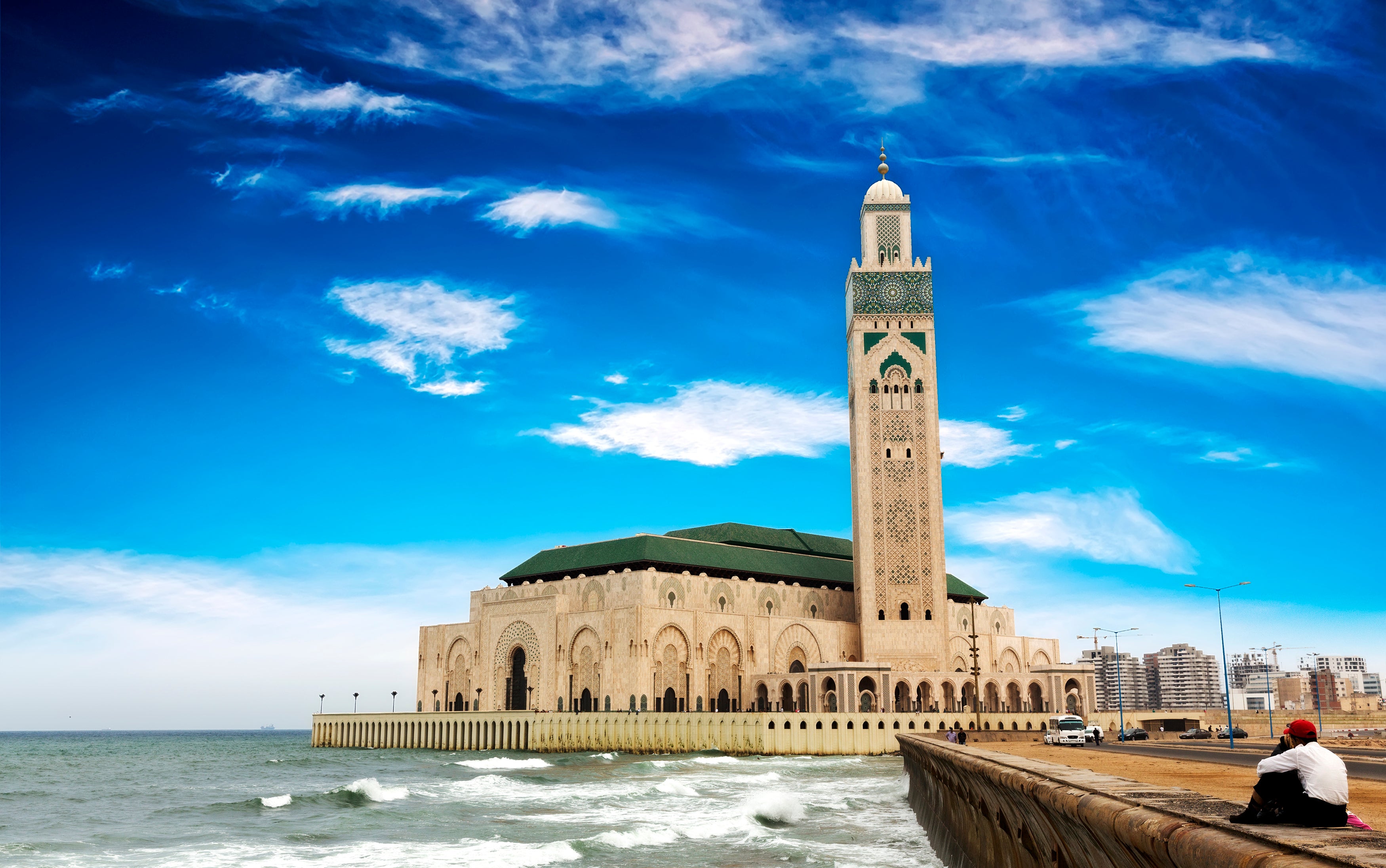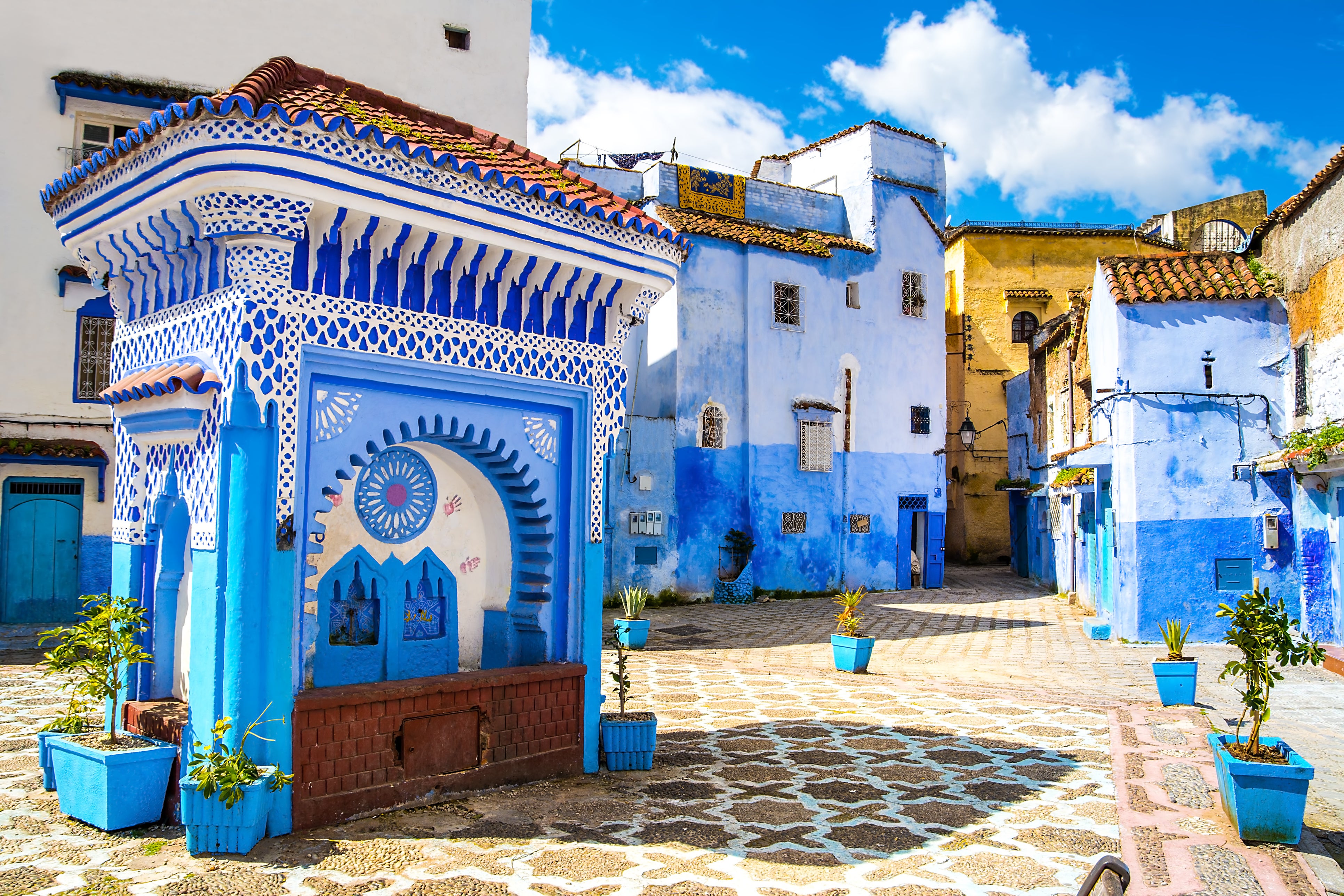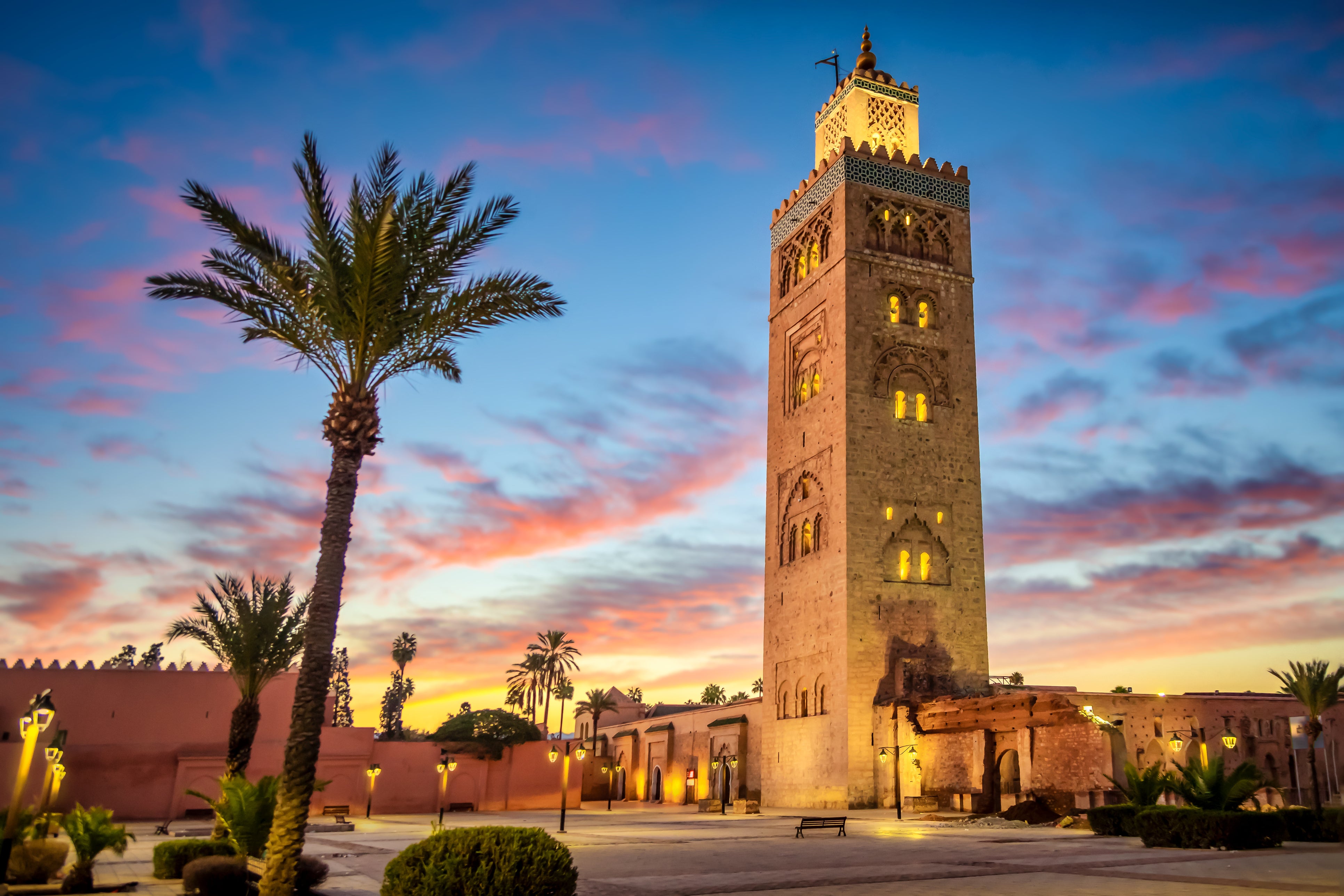Morocco travel rules: Everything you need to know as borders reopen for international tourists
UK travellers are welcome in the North African country from 7 February

Morocco has reopened its borders to British tourists from today, 7 February, following one of its longest ever bans for UK travellers.
The north African country first banned direct flights from the UK, Germany and the Netherlands on 20 October.
The chief executive of the Moroccan National Tourist Office (MNTO), Adel El Fakir, told The Independent that the 16-week closure to UK flights was decided on health grounds.
“All the decisions that have been taken, be it by Morocco or any country during this pandemic, has depended on the health situation – nothing else,” he said.
Now, Mr El Fakir has confirmed that the country is welcoming back UK travellers as of 7 February.
“The whole sector today is very excited to welcome back people from around the world, especially the UK,” he said.
“Welcome is in our DNA.”
But what are the new rules for holidaymakers wanting to travel to Morocco? Here’s everything you need to know.
What are the rules for UK travellers visiting Morocco?

Visitors to Morocco must present proof of full vaccination (two doses with the second jab more than two weeks prior) plus a negative PCR test result taken less than 48 hours before boarding a plane to the country. Morocco accepts the UK’s proof of vaccination.
All arrivals will undergo a rapid antigen test.
The MNTO says: “Upon arrival at airports, they [travellers] will be screened by rapid tests. Random PCR tests will also be conducted for several groups of travellers and results will be communicated at a later date.
“Within 48 hours of entering the country, some travellers will be required to take an additional test at the hotel or residence centre.
“If the tests are positive, other preventive measures will be implemented.”
Specific measures will be put in place for positive cases, including isolation at the passengers’ place of residence. More serious cases will be transferred to hospital.
Children under the age of six are exempt from the pre-travel PCR test requirement, and children under the age of 18 are exempt from the requirement to present a vaccine pass.
All passengers are required to download, print and sign a passenger health form before arrival into Morocco.
What rules are currently in place in Morocco?

Mask-wearing is mandatory in many settings in Morocco, including on public transport, shops, hotel receptions, museums, cinemas, theatres, when moving around cafés and restaurants and in “playgrounds, green spaces and public nature parks”.
Masks are also mandatory if there is more than one person in a car.
According to the Foreign Office (FCDO), hammams, public swimming pools and sports facilities are permitted to operate at 50 per cent capacity, and restaurants, coffee shops, shops and supermarkets must close at 11pm.
A vaccine pass is required to enter public places including hammams, gyms, cafes, restaurants, hotels, shops and sports halls. A vaccine pass will also be required to access public administration buildings.
Mr El Fakir said that measures are reviewed “on a weekly basis”.
The Moroccan government has also announced that the current suspension of ferry services will be extended until further notice.
What is the current situation with Covid in Morocco?
On the 19 January, Covid infection rates rose to a five-month high with 9,355 new cases.
Since then, the number of cases has dropped significantly.
Omicron accounted for 70 per cent of all Covid-19 cases in Morocco by 7 January, according to the nation’s health minister.
Since the pandemic began, there have been 1,135,796 infections and 15,435 Covid-related deaths according to the World Health Organisation (WHO).
Around 70 per cent of the country’s population have been vaccinated.
Join our commenting forum
Join thought-provoking conversations, follow other Independent readers and see their replies
Comments
Bookmark popover
Removed from bookmarks